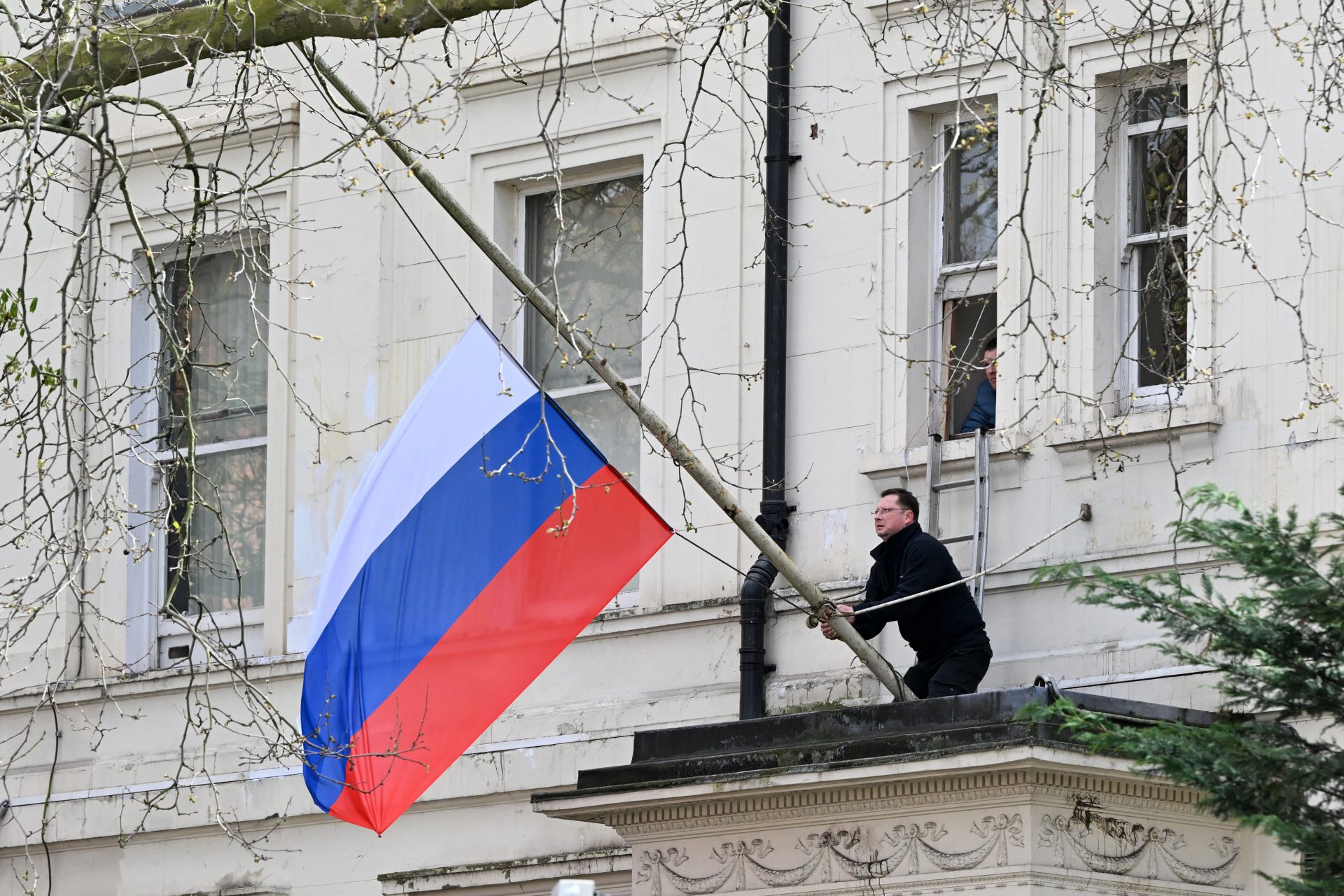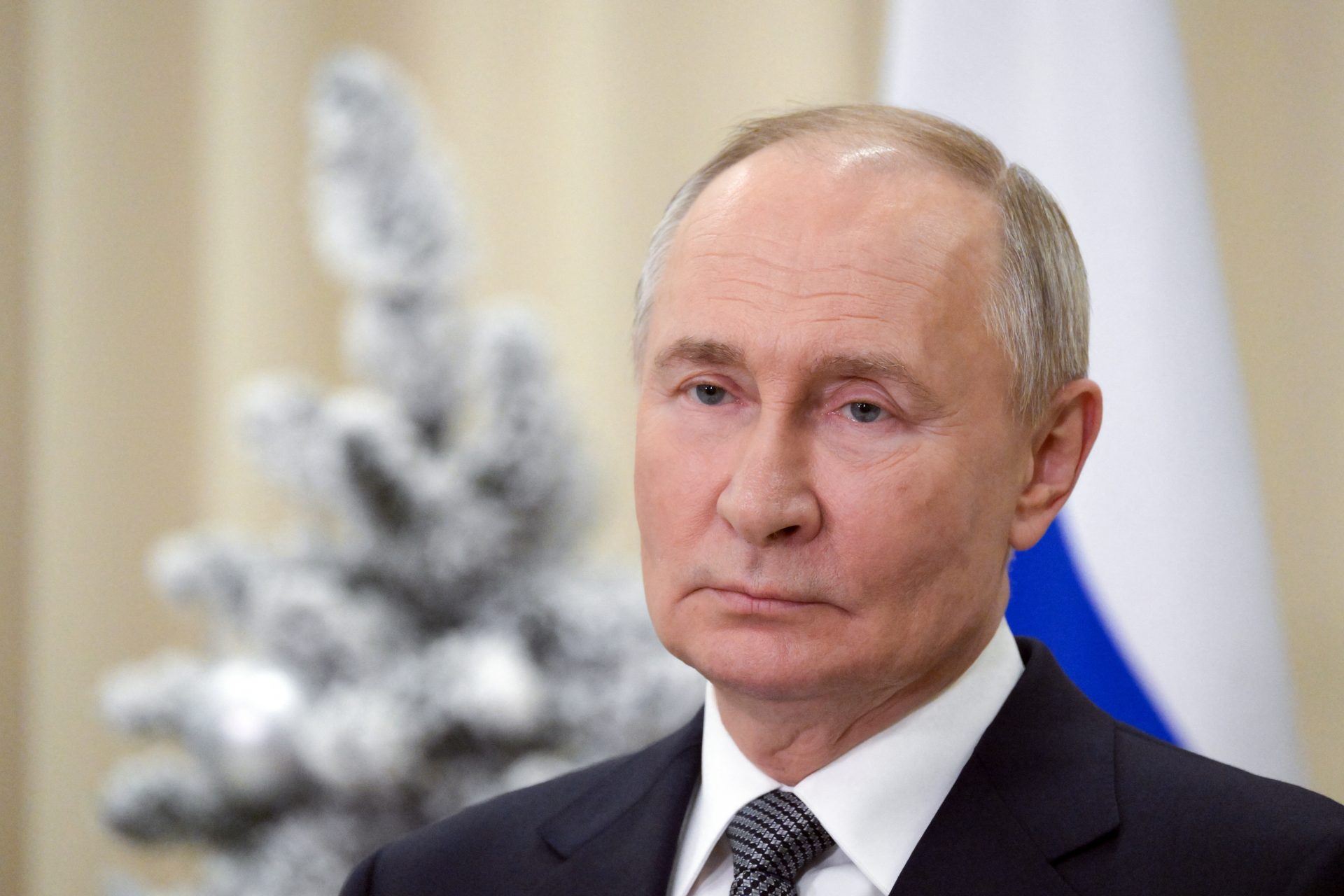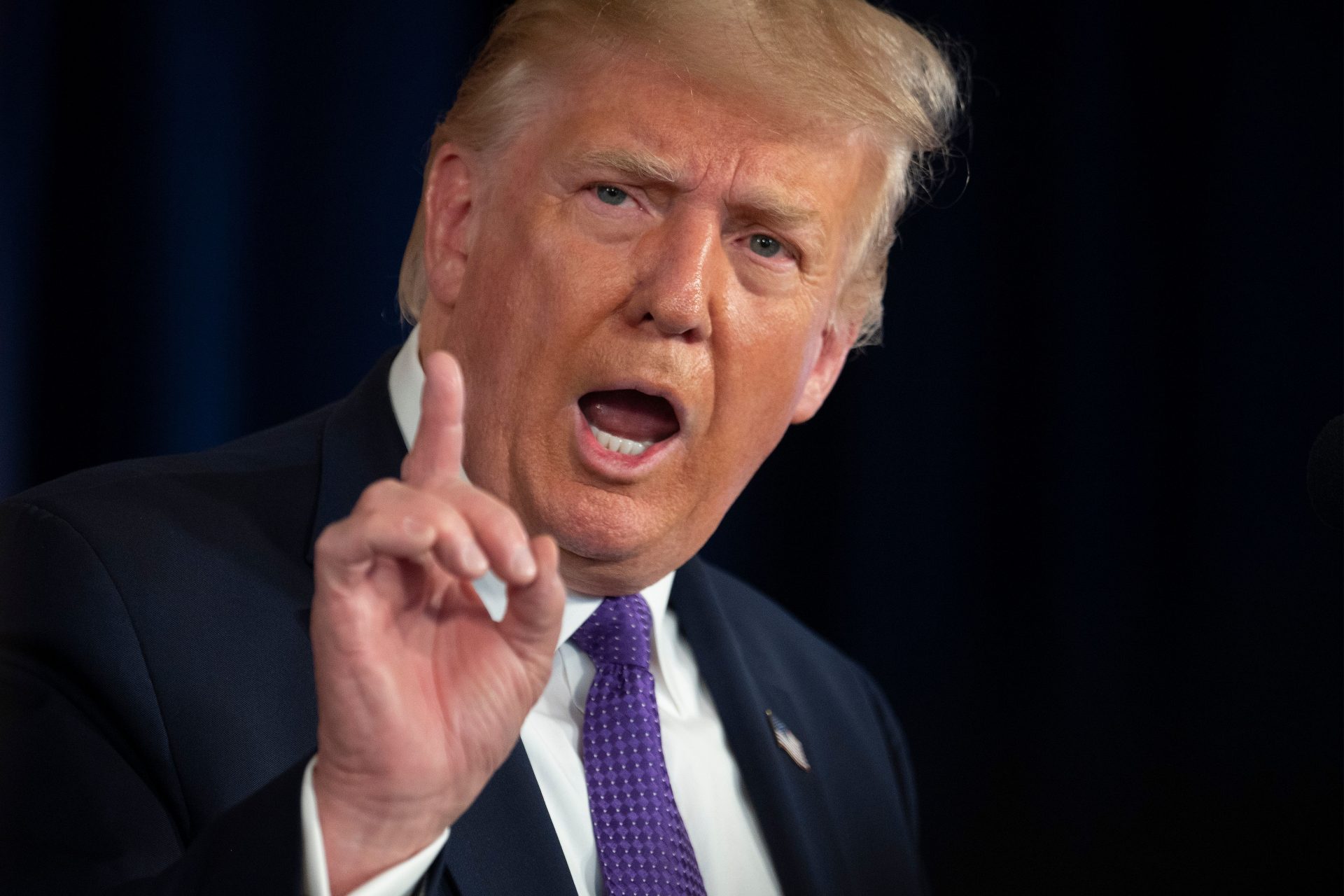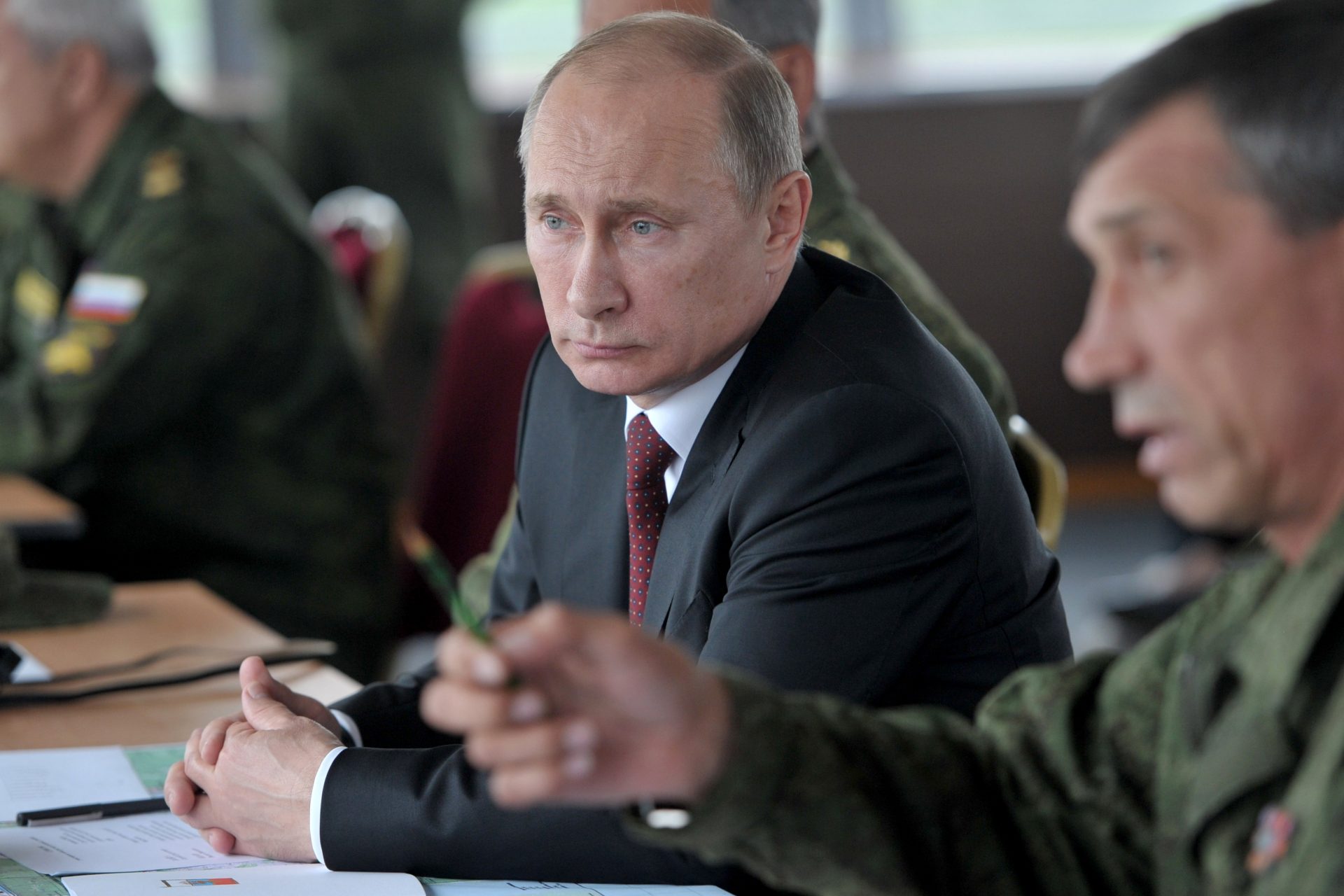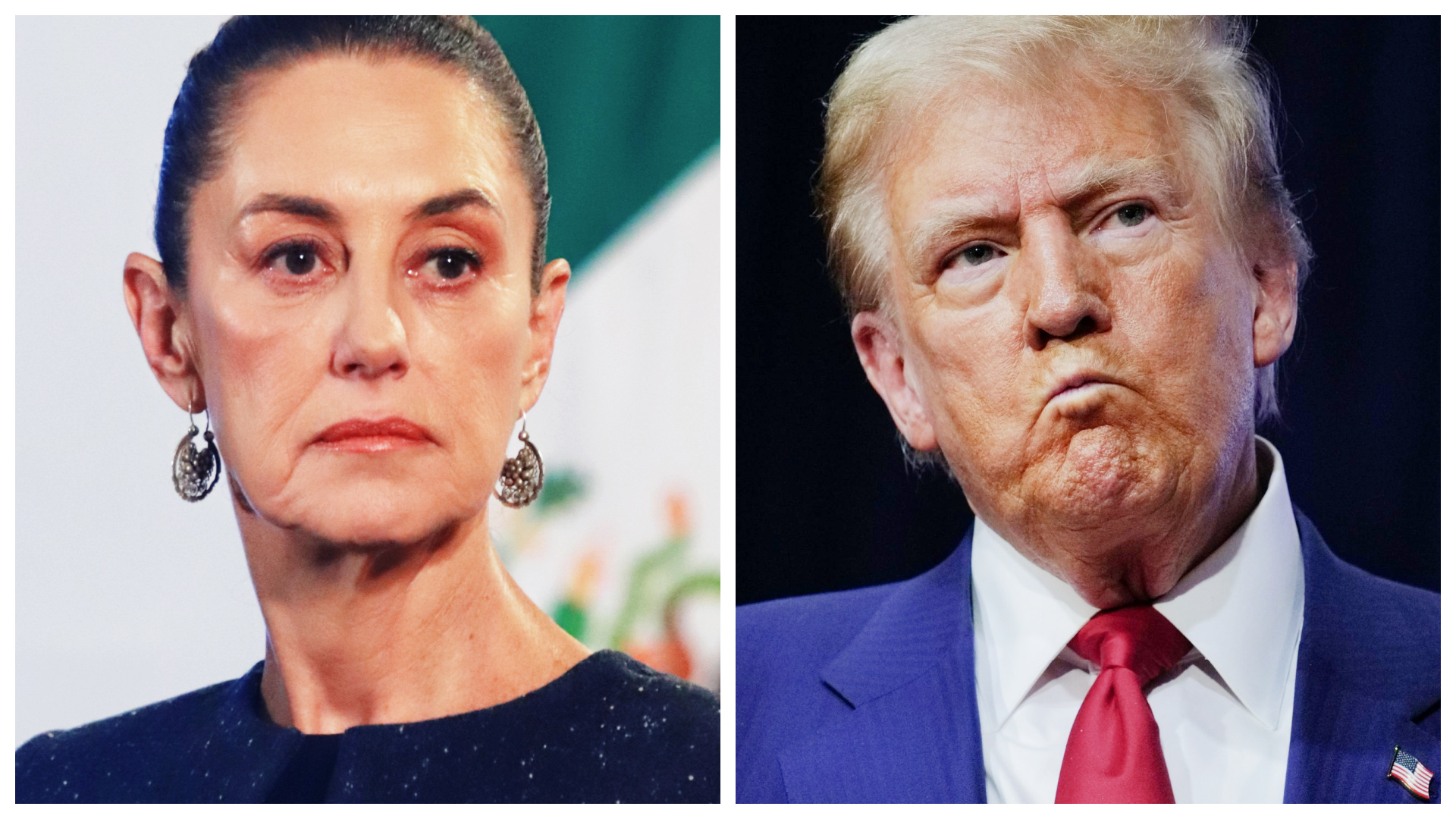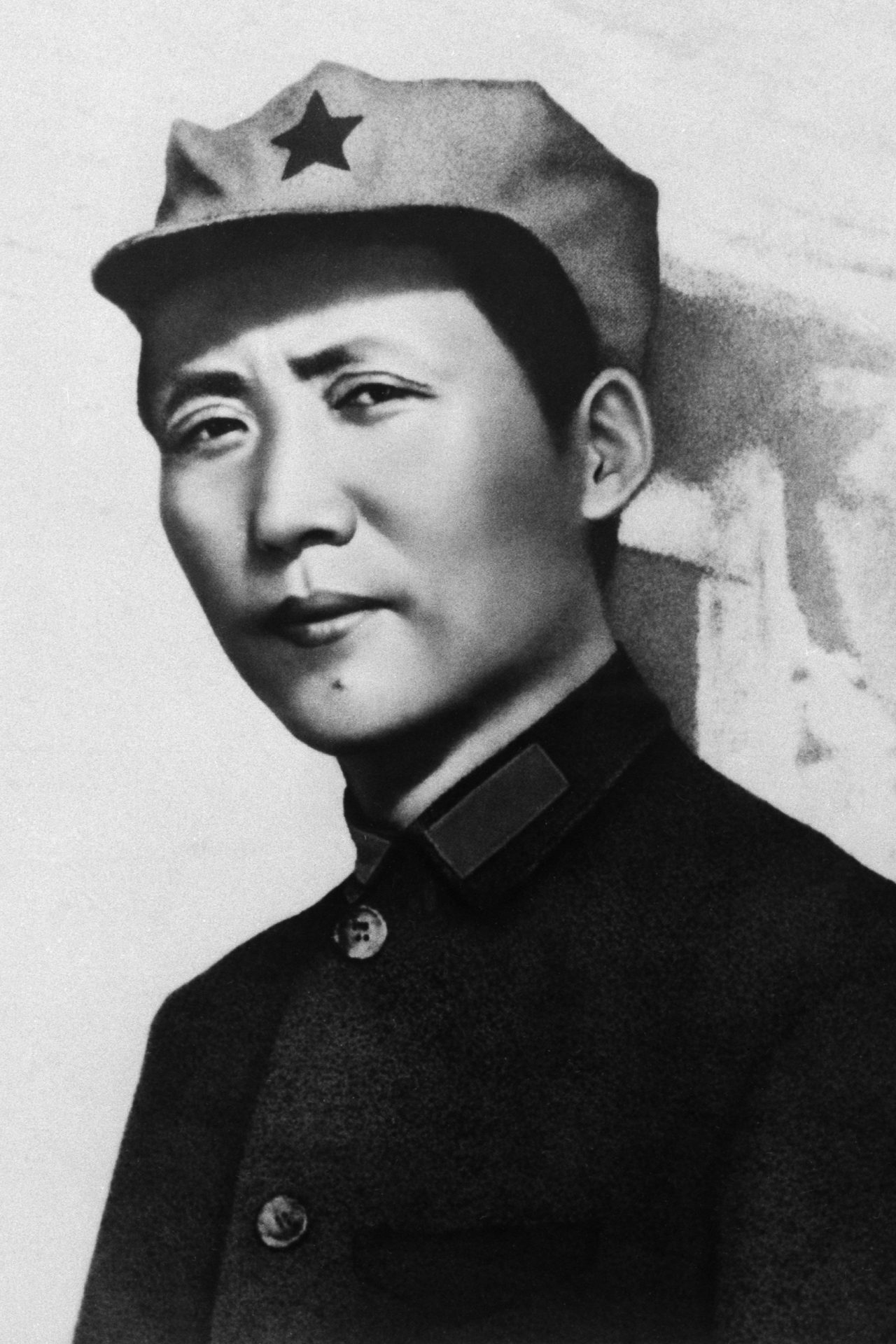Russian diplomats exploit their immunity, much to the despair of their host countries
Ever since the Russian military invaded Ukraine in February 2022, the Moscow government has become increasing isolated from the rest of the world. However, even before the war, their diplomats didn't have the best reputation.
Diplomacy is probably closer to an art than an exact science. A dance between nations requiring finesse, instinct, a bit of luck. However, after hours, diplomats can be all too human.
Diplomatic immunity means that the representatives of a given nation are immune to criminal prosecution and civil lawsuits by the local authorities of a host country.
For major crimes, such as murder, diplomatic immunity can be suspended by the home country. However, sometimes a crime is too petty for the authorities of the home country, and they prefer to let it slide.
This is particularly egregious if your home country has become an international pariah after starting a dodgy special military operation with its neighbor, and you just don’t care anymore about being nice with your hosts. But that could be anyone.
According to NBC News, Russian diplomats in New York City have accumulated over 100,000 US dollars in unpaid parking tickets since 2003.
The situation got so serious that the US State Department stepped in, declaring that they were considering suspending any future diplomatic license plates to official vehicles of the Russian Federation until they paid their fines.
Overall, member countries of the United Nations have racked up more than 16 million US dollars on traffic tickets. Most of them from violations prior to 2002, when laws on diplomatic vehicles became stricter in New York City.
New York City is hardly the only place facing problems with Russian diplomats.
According to The Guardian, Australia’s Department of Foreign Affairs and Trade has been dealing with the equivalent of 50,000 US dollars in unpaid parking tickets from Russian diplomats dating back to 2007.
Australian Channel 9 reported that Russia alone owes almost half of the unpaid diplomatic parking fines in the country.
Image: blurblock07 / Unsplash
This is hardly the only problem Australian authorities have with Russian diplomats. A representative of the Moscow government squatted for a few weeks in 2023 on a patch of land near the Australian parliament in Canberra.
The man, protected by diplomatic immunity, was squatting on a site that had originally been leased for building a new Russian embassy but was later revoked by Australia’s High Court, citing security concerns.
Pictured: Russian diplomat leaving the controversial plot of land.
The Guardian highlights that the Aleksey Pavlovsky, the Russian ambassador of Australia at the time, decried having a dead opossum thrown at the current embassy grounds over the fence.
Image: rwlinder / Unsplash
Meanwhile, the South China Morning Post reported that Japanese media claims that vehicles with Russian diplomatic plates have accumulated over 2,3000 unpaid parking tickets in five years.
The Japanese authorities affirmed that the government would stop giving gasoline tax exceptions to repeating diplomatic offenders.
In Japan, Australia, the US, and elsewhere, a diplomat is meant to be a representative of their own nation in a host country. However, seeing the attitude of people who dedicate their lives and careers to international relations, it begs the question exactly do they represent.
More for you
Top Stories



